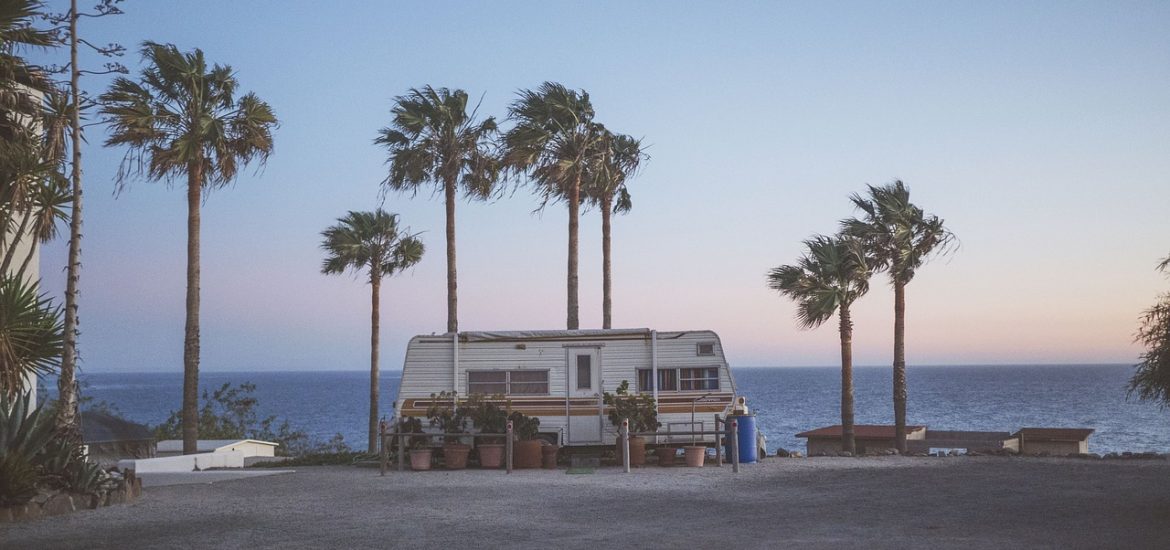If you’ve never taken an RV trip on your own, you’ll either love it or hate it. The only to find out which way you’ll feel is to get out on the open road. But don’t expect to jump in the RV and go. Instead, you’ll need to plan carefully so you are prepared for whatever may come. Here are nine things you need to know before you set off on your RV adventure.
- To Rent or to Buy
If this is going to be your first time RVing, you may want to rent first to find out if you like the experience enough to invest in your own rig. If you like it, and you think you’d like to buy, consider how much you will use an RV if you buy one. You should also consider the costs of maintenance and storage of the RV.
In addition, if you buy, it’s smart to buy an extended service plan. Visit the Good Sam homepage to find out about affordable options.
- Take Time to Familiarize Yourself With the RV
There are a lot of things you need to know in advance of taking an RV trip. You’ll need to know how long it is, how many amps your main breaker can handle and how to set up sleeping areas that function as seating areas during the day. You’ll also need to learn how to hook up the utilities to your RV, how to slide out any slides, how to open and retract the awning and how to open and close the outdoor steps.
- Find Out What it’s Like to Drive It
Before you head out on a road trip, you should drive the RV around a bit close to home to discover how it handles and how easy or difficult it is to park. You can also determine what the turn radius is and how it handles when climbing hills.
- Bring Your Toolbox
You might need extra fuses, jumper cables, light bulbs or even a screwdriver on your trip, so be prepared. Otherwise, you’ll have to find a store if you need something.
- Plan Ahead
Unless you keep your RV packed and ready to go, it’s difficult to be spontaneous. And if this is your first RV trip, you really need to take some time to plan ahead or you might find yourself wanting for a lot once you arrive at your destination. Make sure to bring your essentials as well as some extra things you’ll enjoy having.
Plan and purchase enough food for three meals a day and snacks. Map out your route and decide where you’ll stop for a break. Find out where you can camp for the night if it will take more than a day to get to your final destination. You may need to call ahead and make a reservation. Get a good idea of what your trip will cost.
- Campground Setup and Takedown
There’s so much to remember when you go RVing, and an RV checklist can be very helpful so you don’t forget an important detail. When you arrive, you’ll need to assess the site to make sure there aren’t any low-hanging branches or objects on the ground that could damage your tires. You’ll need to pull up close to the hookups. You’ll also may need to level the RV and you’ll want to secure the wheels with chocks.
- Fuel
No matter what you do, you’re going to spend more on fuel than if you just drive in a passenger car. But the money you can save by not staying in a hotel and eating out might be worth it. Find out what the average fuel mileage is if you rent an RV that you drive in advance so you can figure your approximate fuel costs.
- Tight Quarters
If you’re not fond of confined spaces, you probably won’t like going on an RV trip unless you’re going to be in a large trailer or motorhome. While large models can be spacious, smaller, more compact models can be considered tight quarters. Plus, while you’ll want everything in its place, in a small RV you have to everything in its place. There’s simply no room for clutter.
- WiFi Issues
If you’re planning on working online or streaming movies, you might not be able to if you’re depending on the RV park’s Wifi. And if you go to a state or national park, they don’t offer WiFi. So you may have to resort to using a hotspot on your phone or some other piece of technology that you’ll have to purchase in advance.

